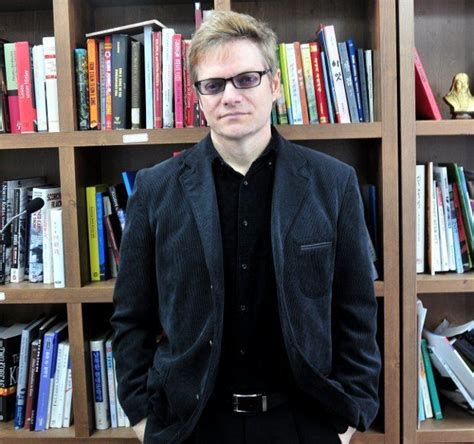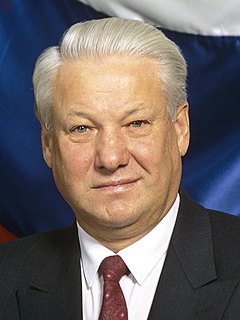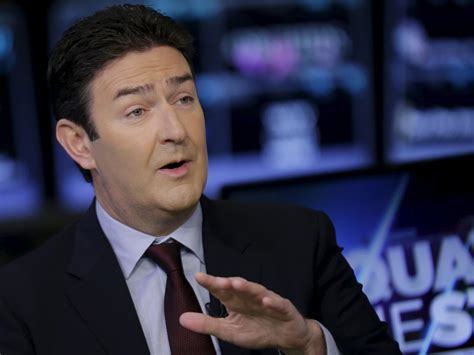A Quote by John J. McLaughlin
When faced with economic uncertainty, people don't want freedom. When they can't see their economic future, they want the nanny state.
Related Quotes
Viewed as a means to the end of political freedom, economic arrangements are important because of their effect on the concentration or dispersion of power. The kind of economic organization that provides economic freedom directly, namely, competitive capitalism, also promotes political freedom because it separates economic power from political power and in this way enables the one to offset the other
The economic freedom which is the prerequisite of any other freedom cannot be the freedom from economic care which the socialist promise us, and which can be obtained only by relieving the individual at the same time of the necessity and of the power of choice: it must be the freedom of economic activity which, with the right of choice, inevitably also carries the risk and the responsibility of that right
But if we are to retain freedom, then we can only do so by keeping the determining mass of the citizens the possessors of property with personal control over it, as individuals or as families. For property is the necessary condition of economic freedom in the full sense of that term. He that has not property is under economic servitude to him who has property, whether the possessor of it be another individual or the State.
Russia and China have maintained that people prize stability over freedom and that as long as the central State creates conditions for economic growth, people will be complacent and will be willing to literally sell away their rights. In fact, this very economic growth will eventually catch up with these regimes.
You’re talking about Rwanda or Bangladesh, or Cambodia, or the Philippines. They’ve got democracy, according to Freedom House. But have you got a civilised life to lead? People want economic development first and foremost. The leaders may talk something else. You take a poll of any people. What is it they want? The right to write an editorial as you like? They want homes, medicine, jobs, schools.






























